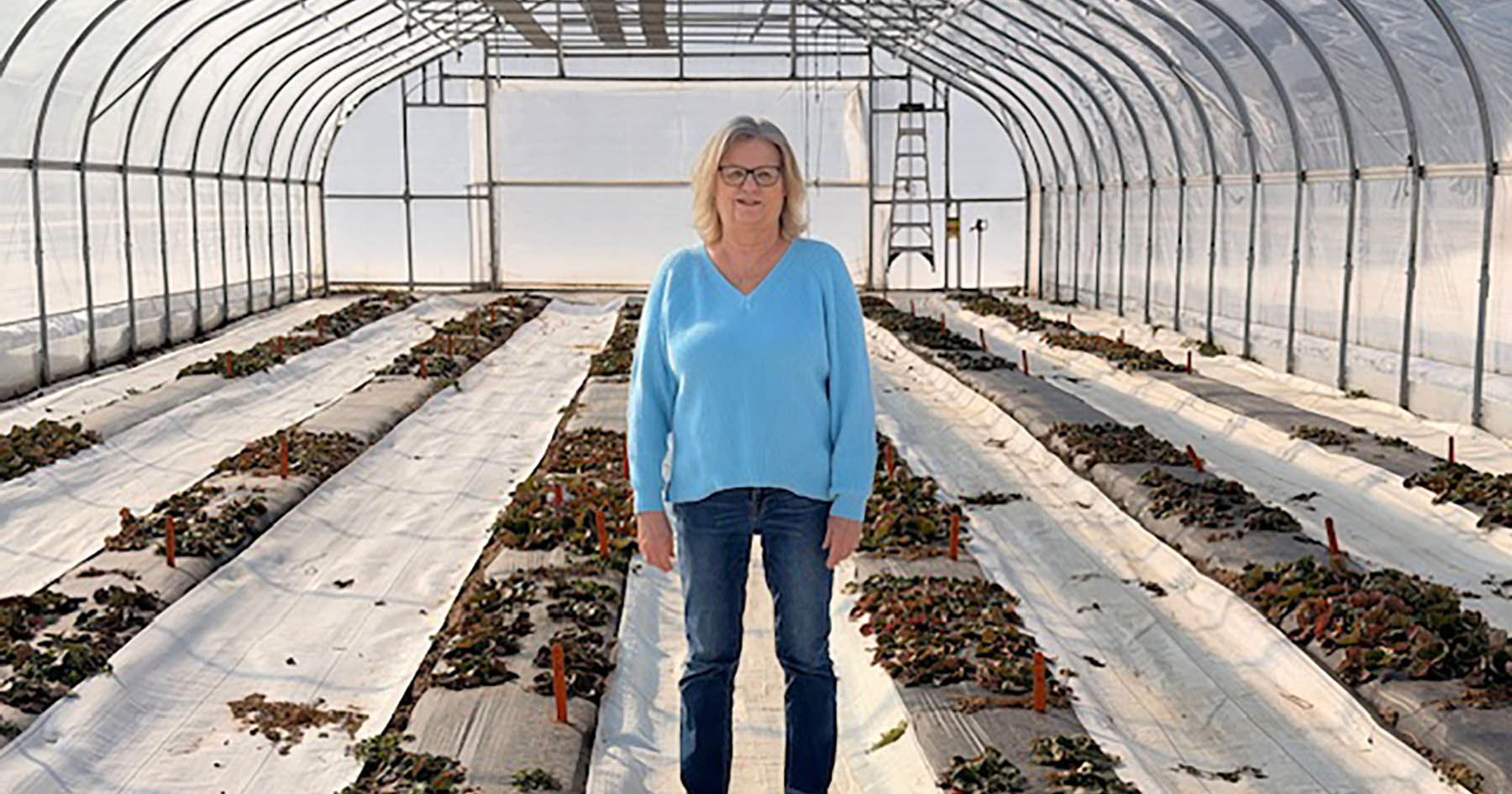New Purdue website provides essential information about high oleic soybeans
A new website produced by Purdue University is designed to help dieticians, educators, farmers, food industry professionals and consumers better understand the benefits of high oleic soybean oil, an emerging heart-healthy alternative to traditional cooking oils that are high in trans-fats.
“Since high oleic soybean oil is still relatively new in the marketplace, there is not a lot of awareness regarding its development, production and use,” said Marshall Martin, senior associate director of Agricultural Research at Purdue and director of the Purdue Soybean Center. “This site offers a wealth of science-based information presented in an easily accessible format that will be of interest to anyone wanting to learn more about this promising new product.”
The multimedia, interactive website includes background text, infographics and video interviews with several high oleic soybean experts, including Martin, who addresses the regulatory issues.
He explained that since high oleic soybeans are a transgenic plant, or GMO, regulatory safeguards have been implemented to protect consumers. Martin said it was important to note that high oleic soybean oil has been rigorously tested over the past five years and has proven to be safe and healthy.
“Currently, manufacturers do not have to label products as containing high oleic soybean oil but many do so because of the health benefits provided by the oil,” he said.
Other experts featured on the site are:
* John Story, a professor who specializes in diet and cardiovascular disease in the Purdue Department of Nutrition Science.
* Katy Rainey, associate professor of agronomy and soybean geneticist and breeder.
* Shaun Casteel, Purdue Extension soybean specialist and associate professor of agronomy.
* Bruce Haumesser, executive chef of Purdue’s Sagamore Room restaurant, and Greg Minner, director of Purdue’s dining and catering services.
The interviews are conducted by Angie Abbott, assistant dean of Purdue’s College of Health and Human Sciences, associate director for Purdue Extension and a registered dietitian.
Story explained that high oleic soybean oil is a “fairly new and important type of monounsaturated fat.” Saturated fats - commonly found in red meat, dairy products and baked goods – drive up cholesterol and are associated with an increased risk of heart disease, while unsaturated fats - such as high oleic soybean oil - are considered to be a healthier alternative.
According to Minner, high oleic soybean oil has been used in the Hillenbrand Dining Court and the Sagamore Restaurant in the Purdue Memorial Union and students said they preferred the taste to foods prepared with conventional oils. Haumesser noted that high oleic soybean oil doesn’t transfer flavors like other oils do. “In other words, french fries cooked in high oleic soybean oil didn’t taste like chicken or fish that had been fried in the oil previously,” he said.
“We are still in the early stages of fully understanding all of the benefits of high oleic soybeans,” Martin said. “Results have been very positive so far throughout the supply chain, from farm to table. We’ll continue to update the website as new information becomes available so it will provide an ongoing resource for anyone interested in learning more about this promising new product.”





